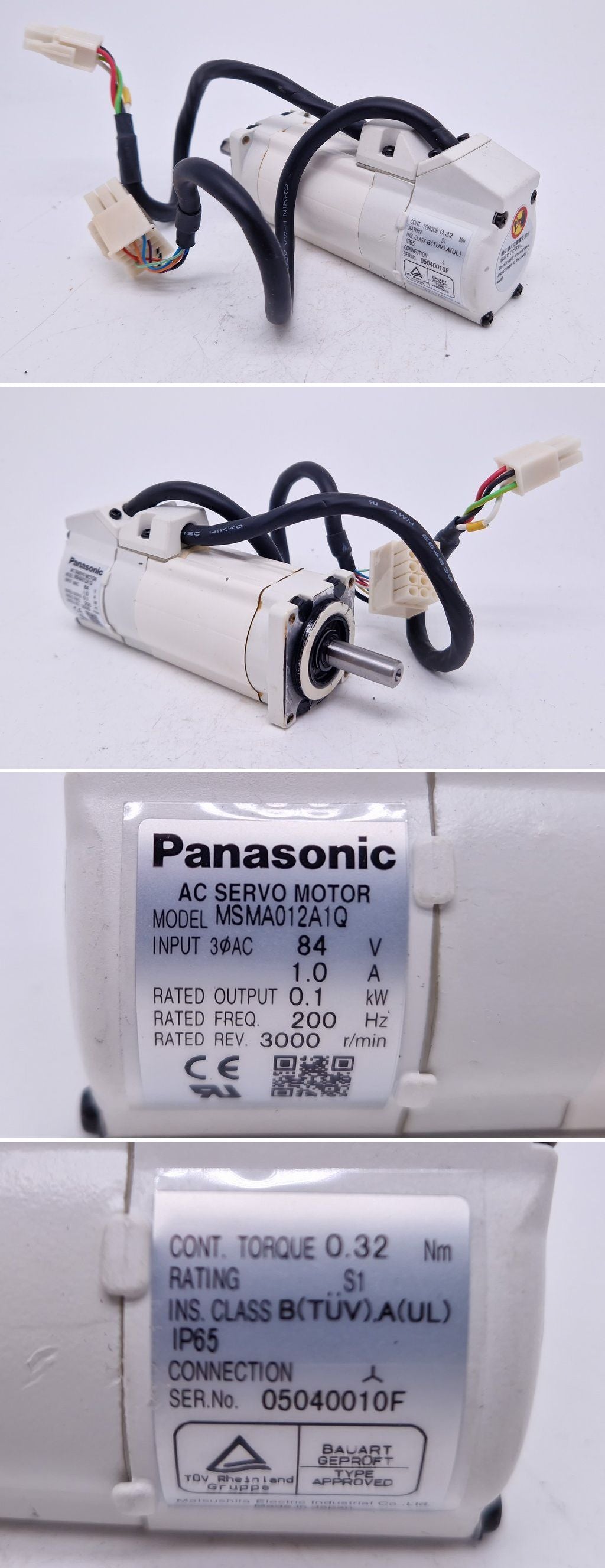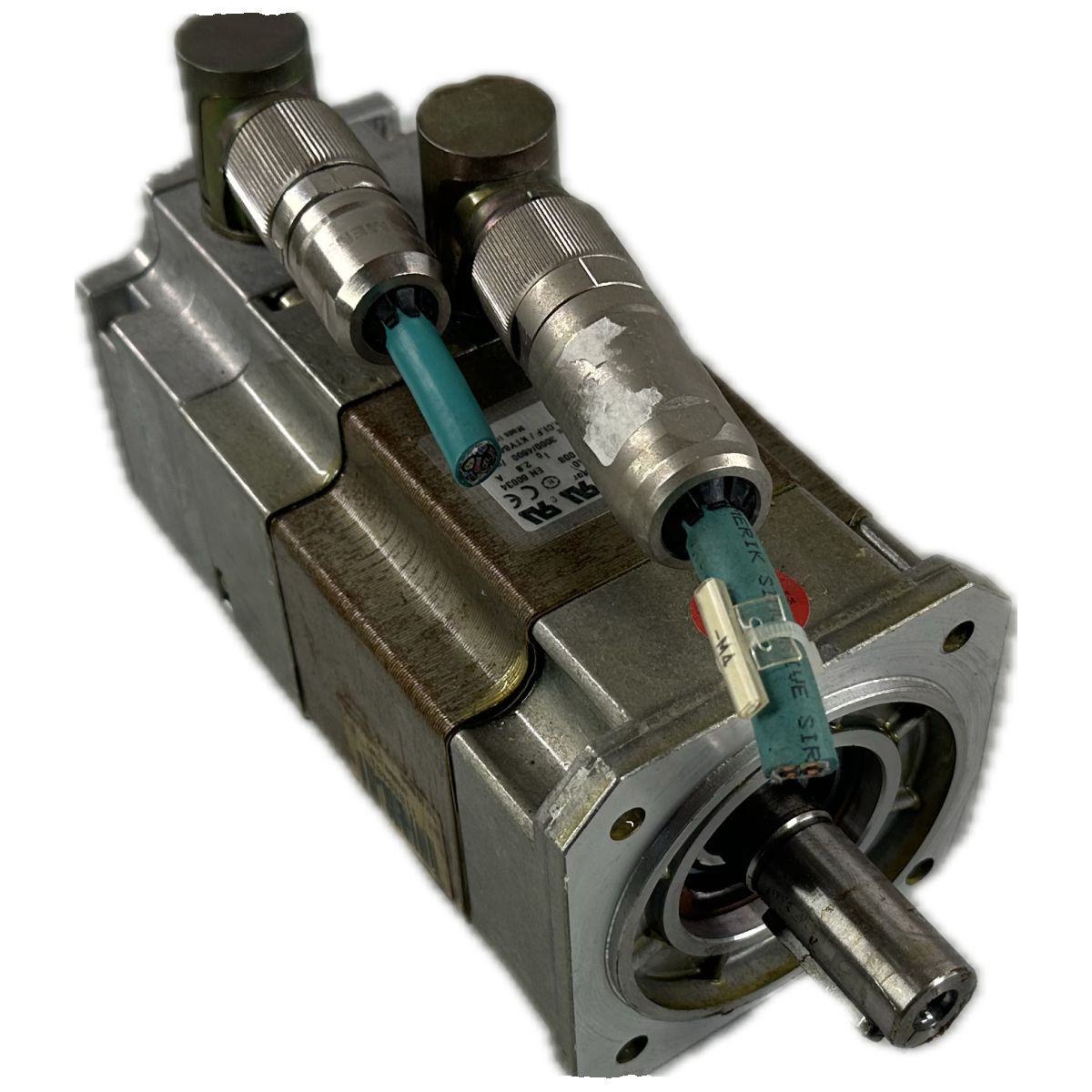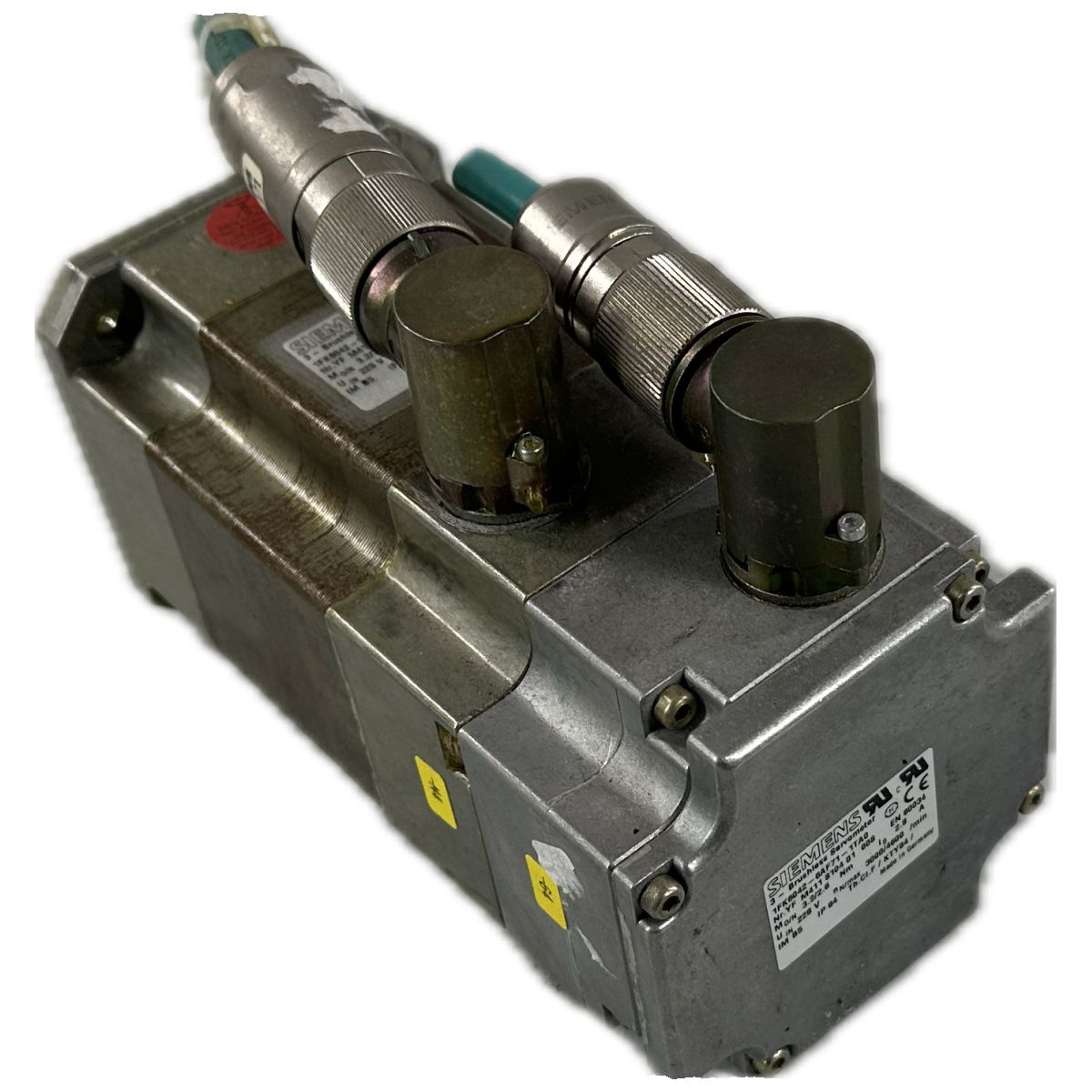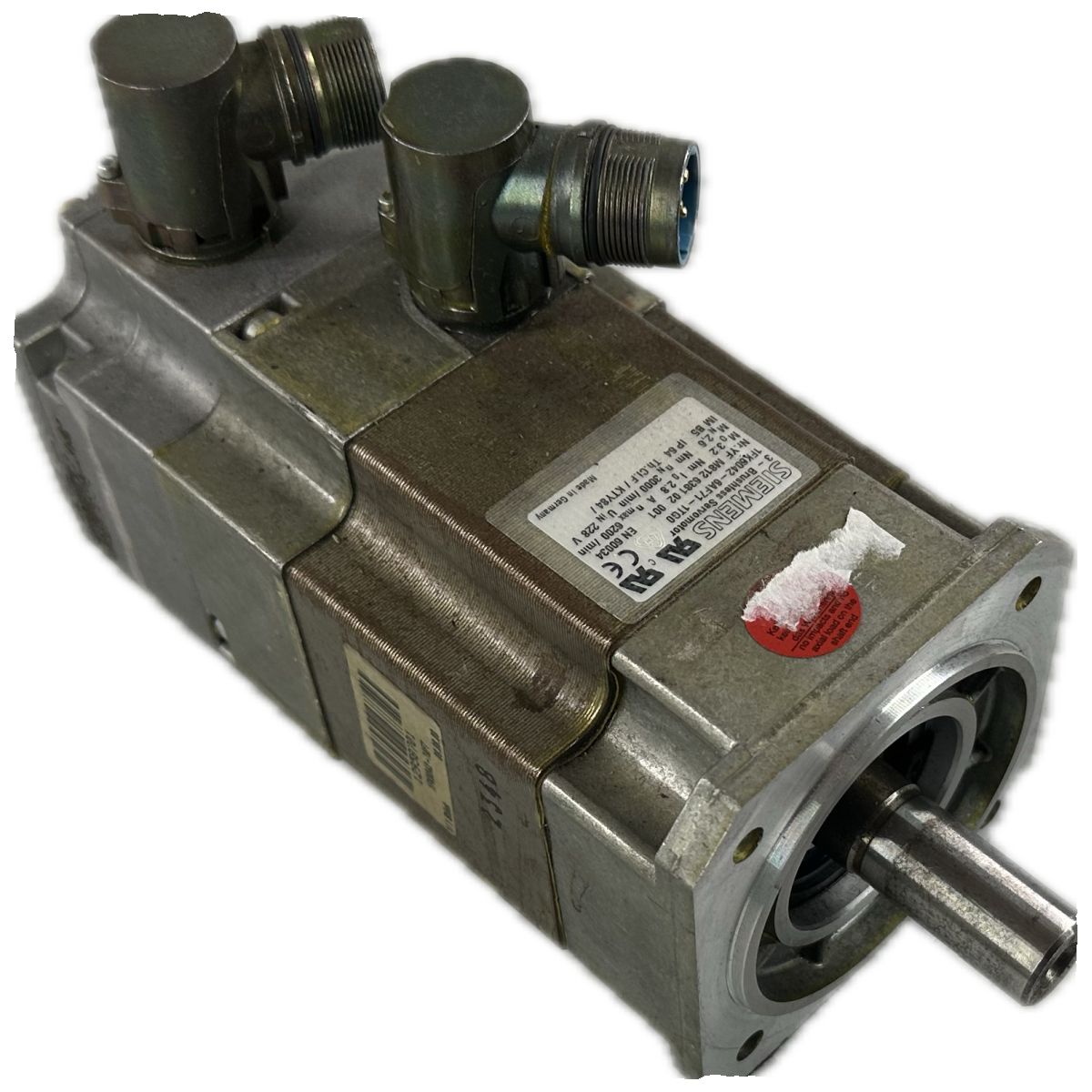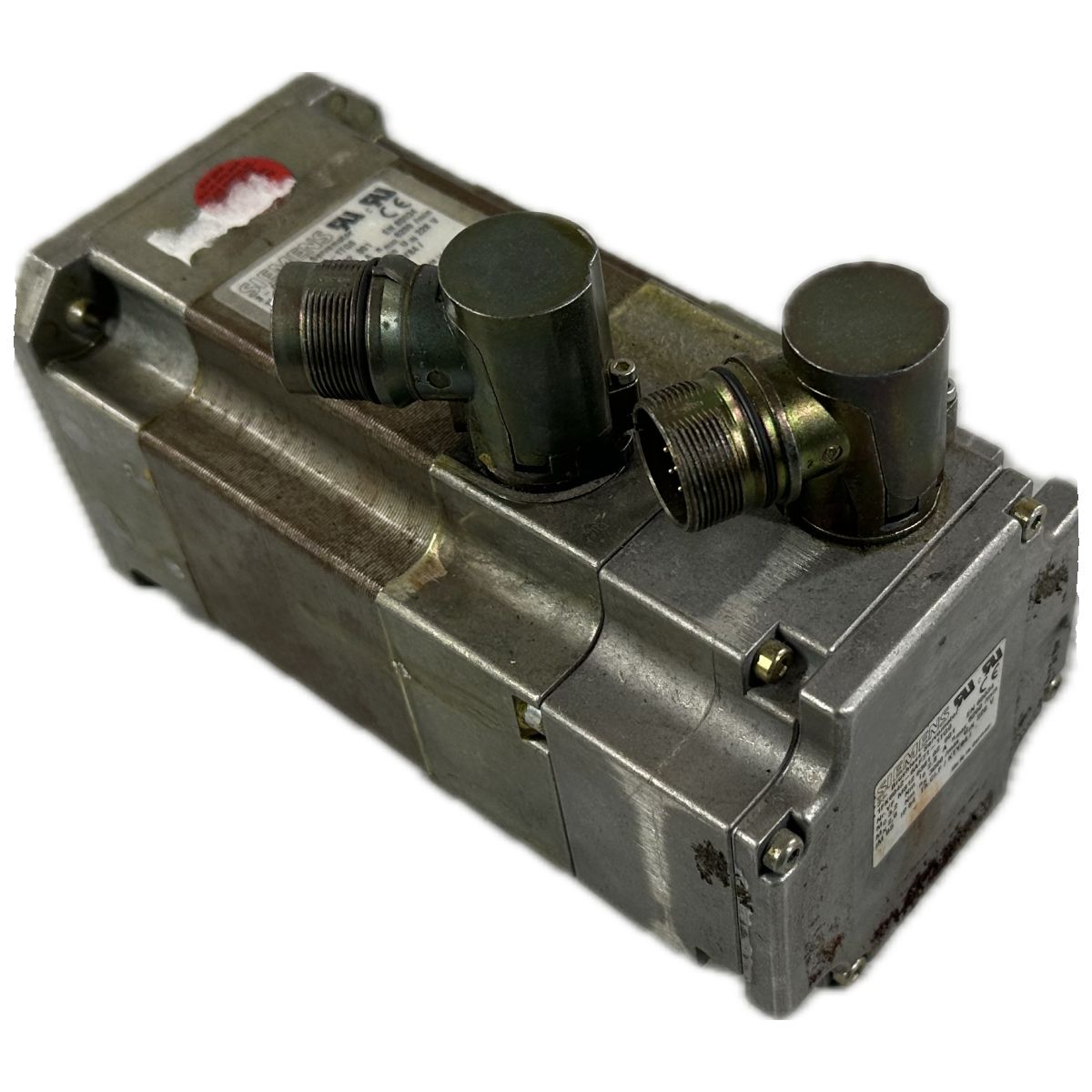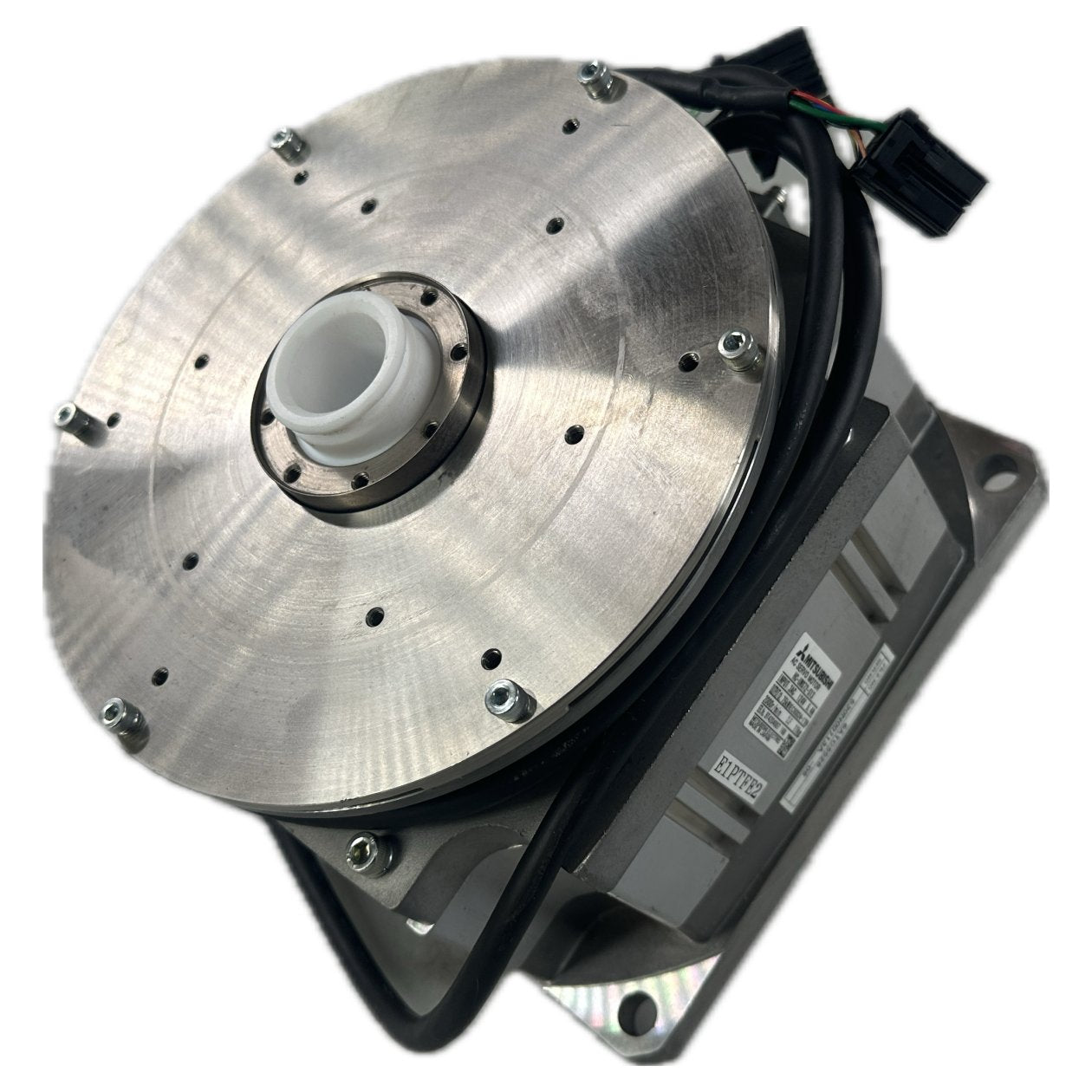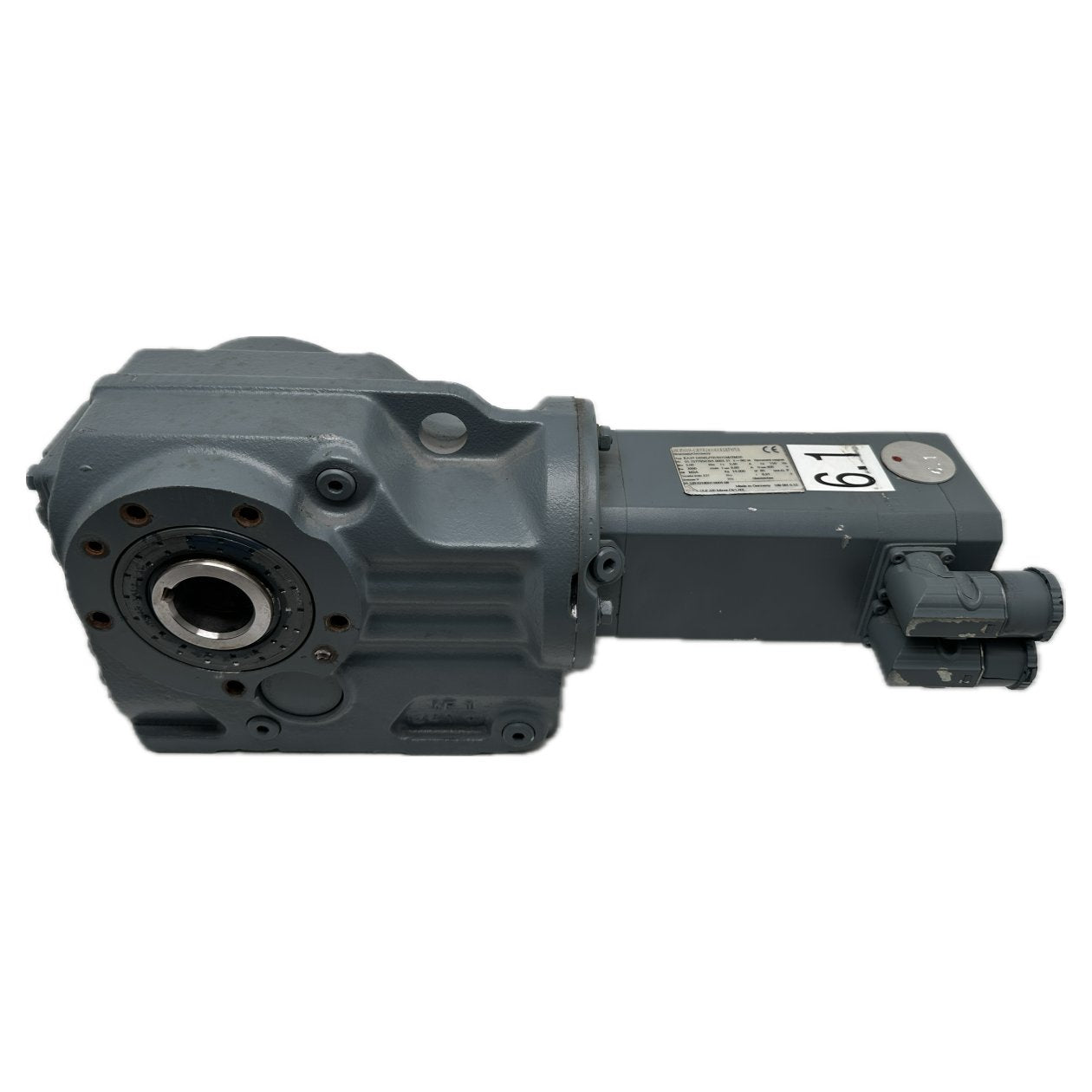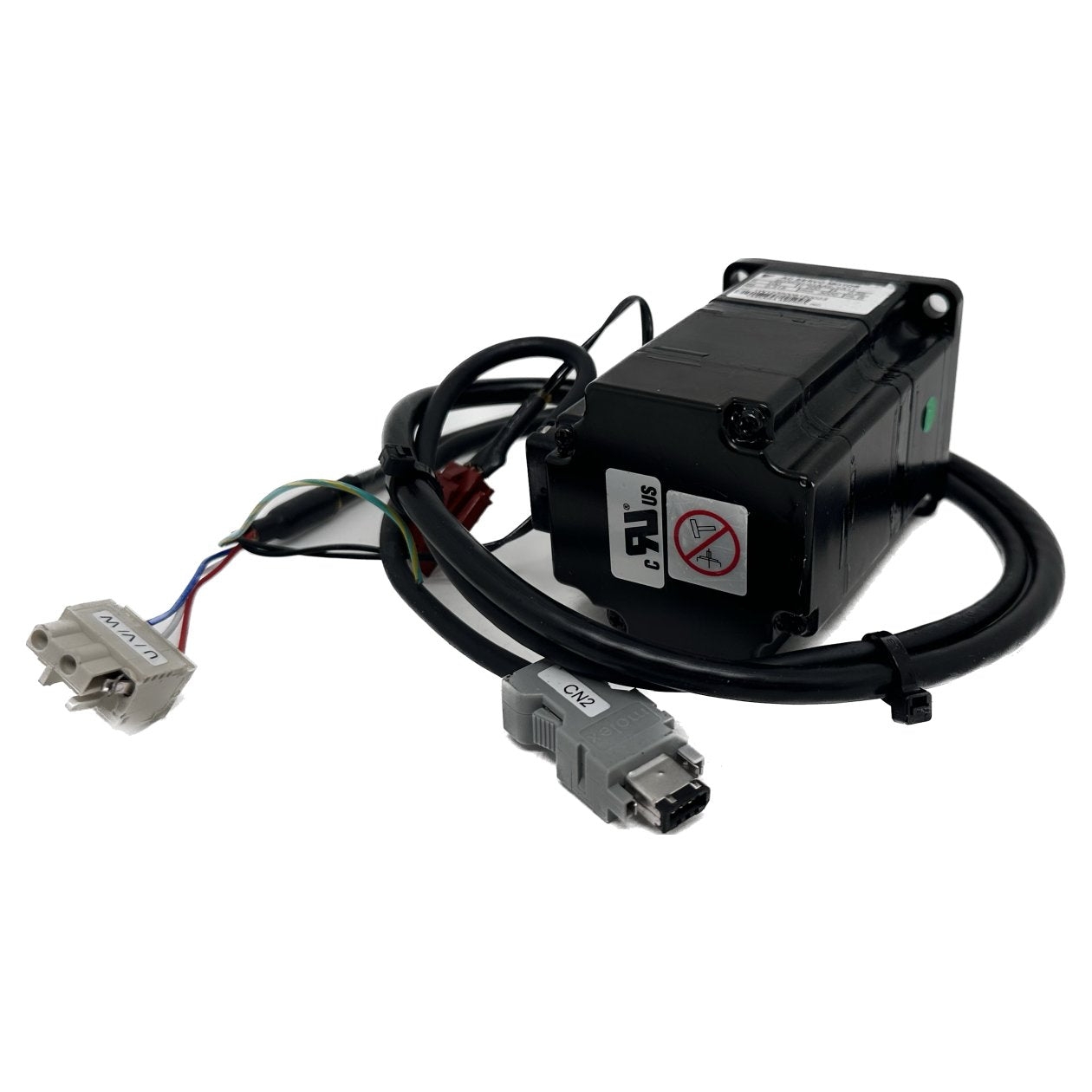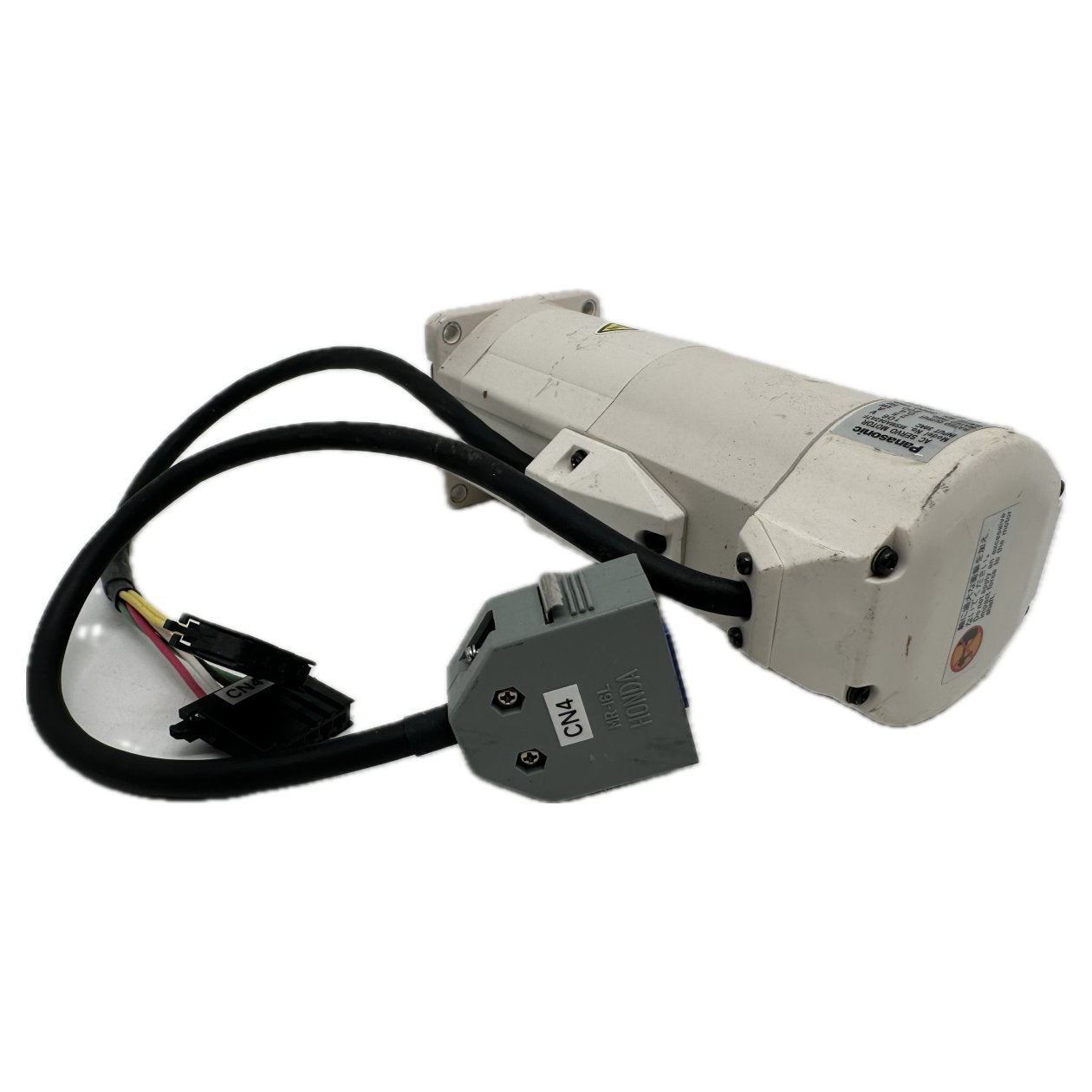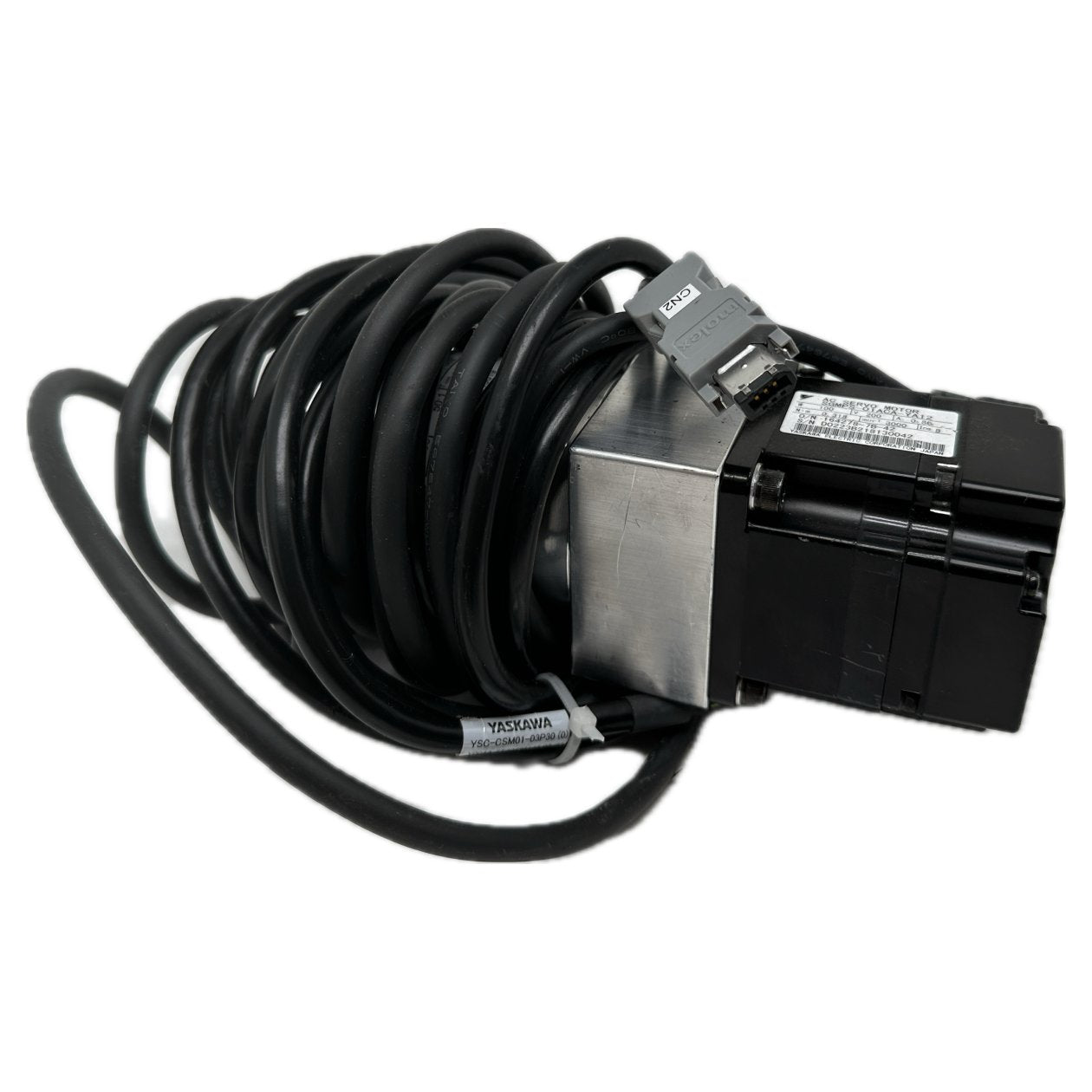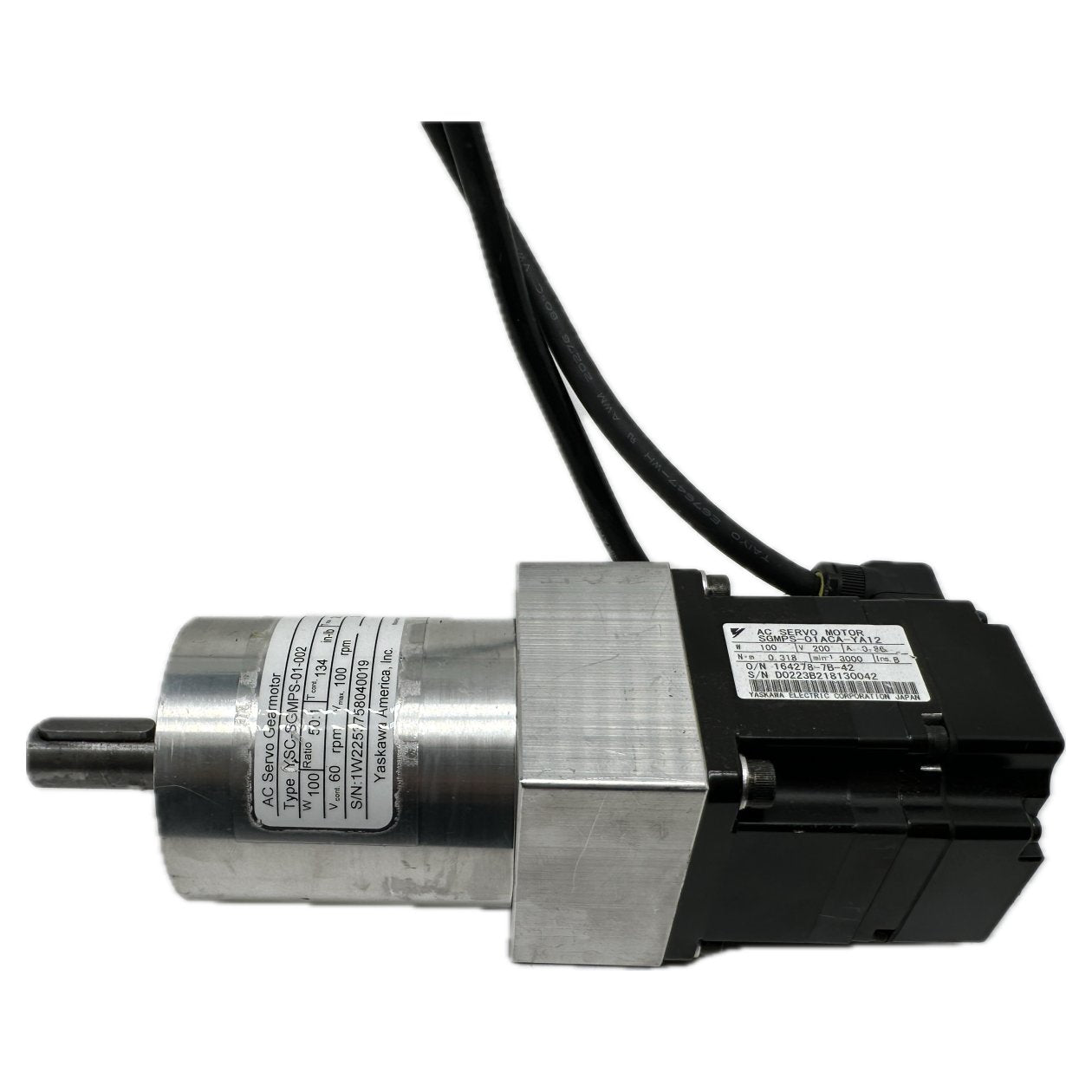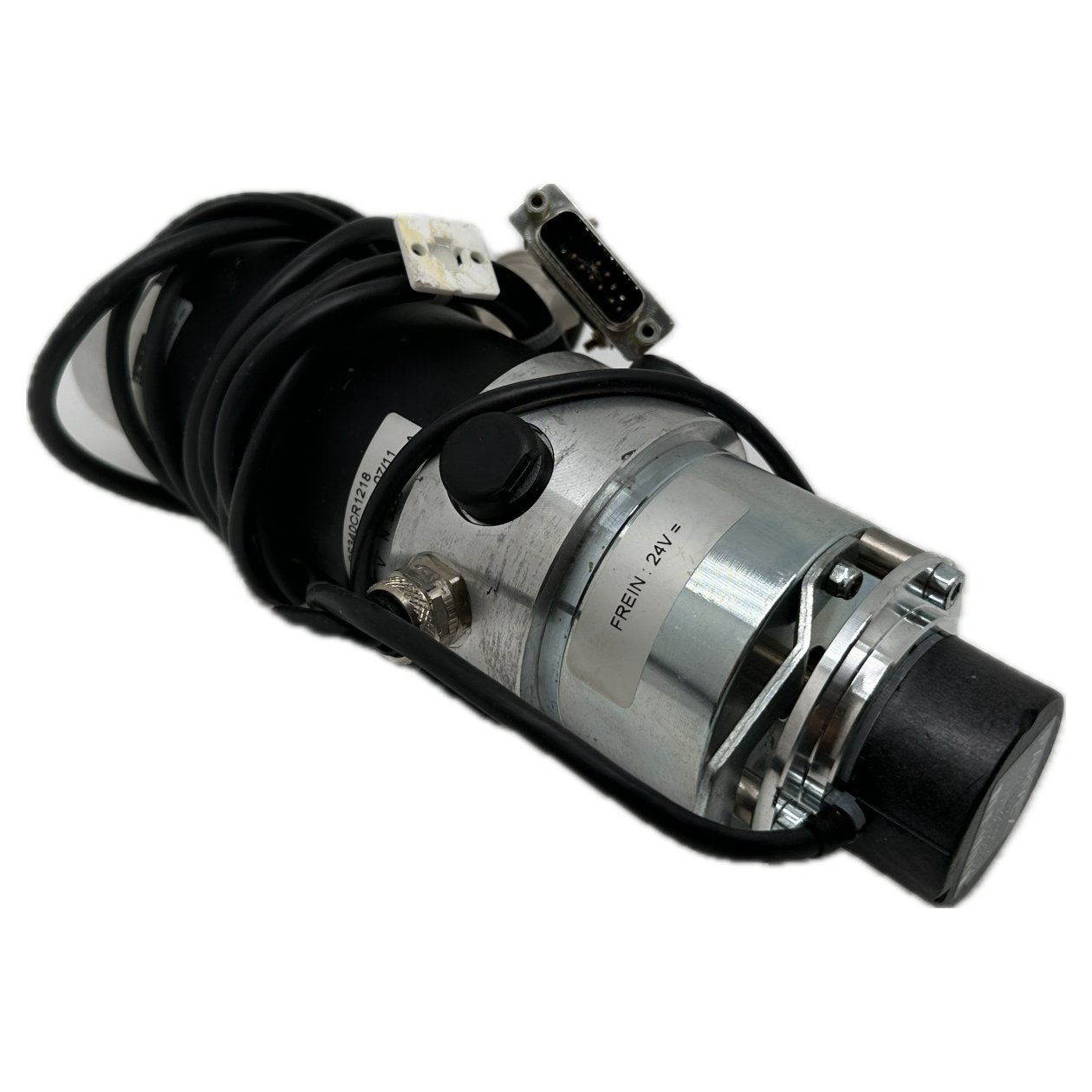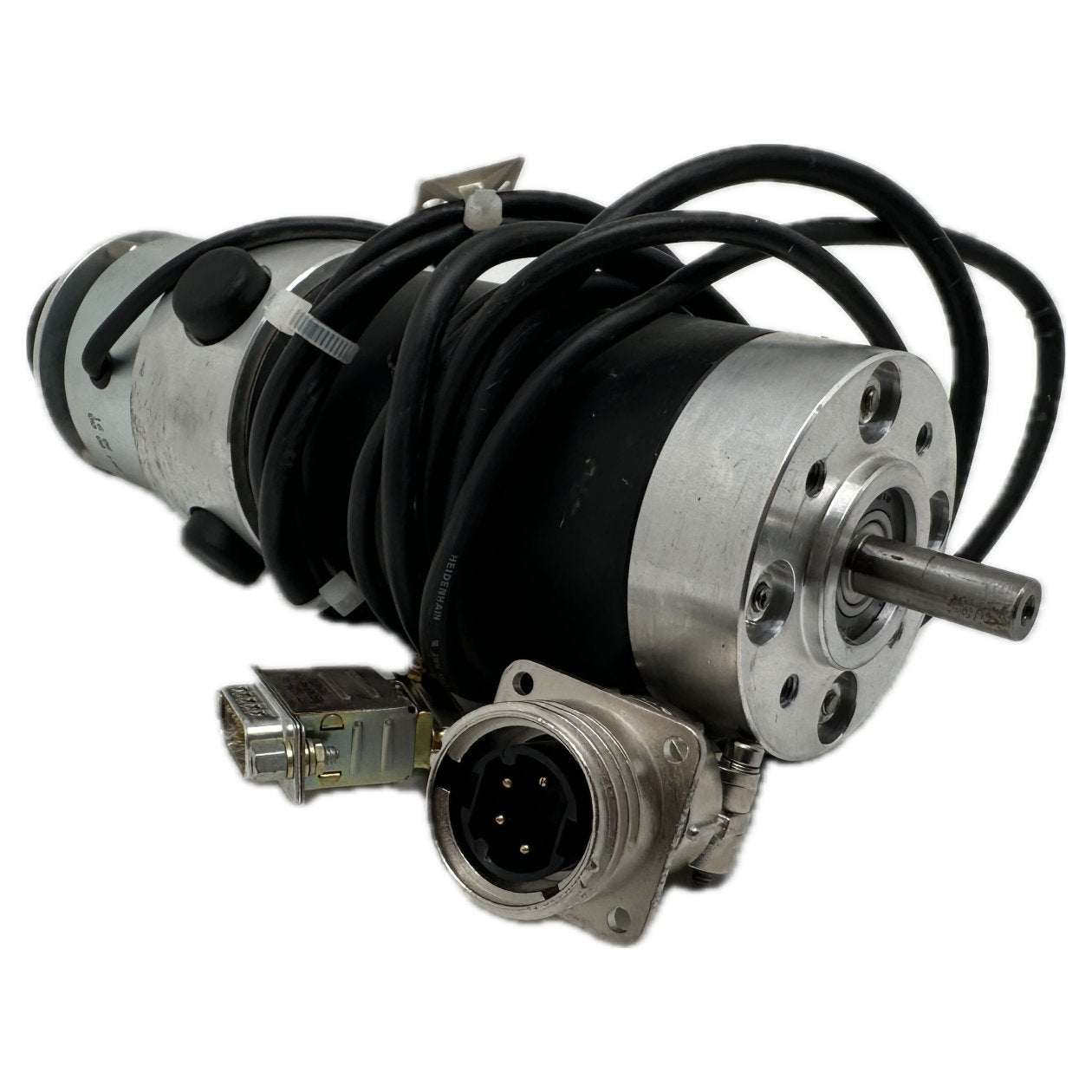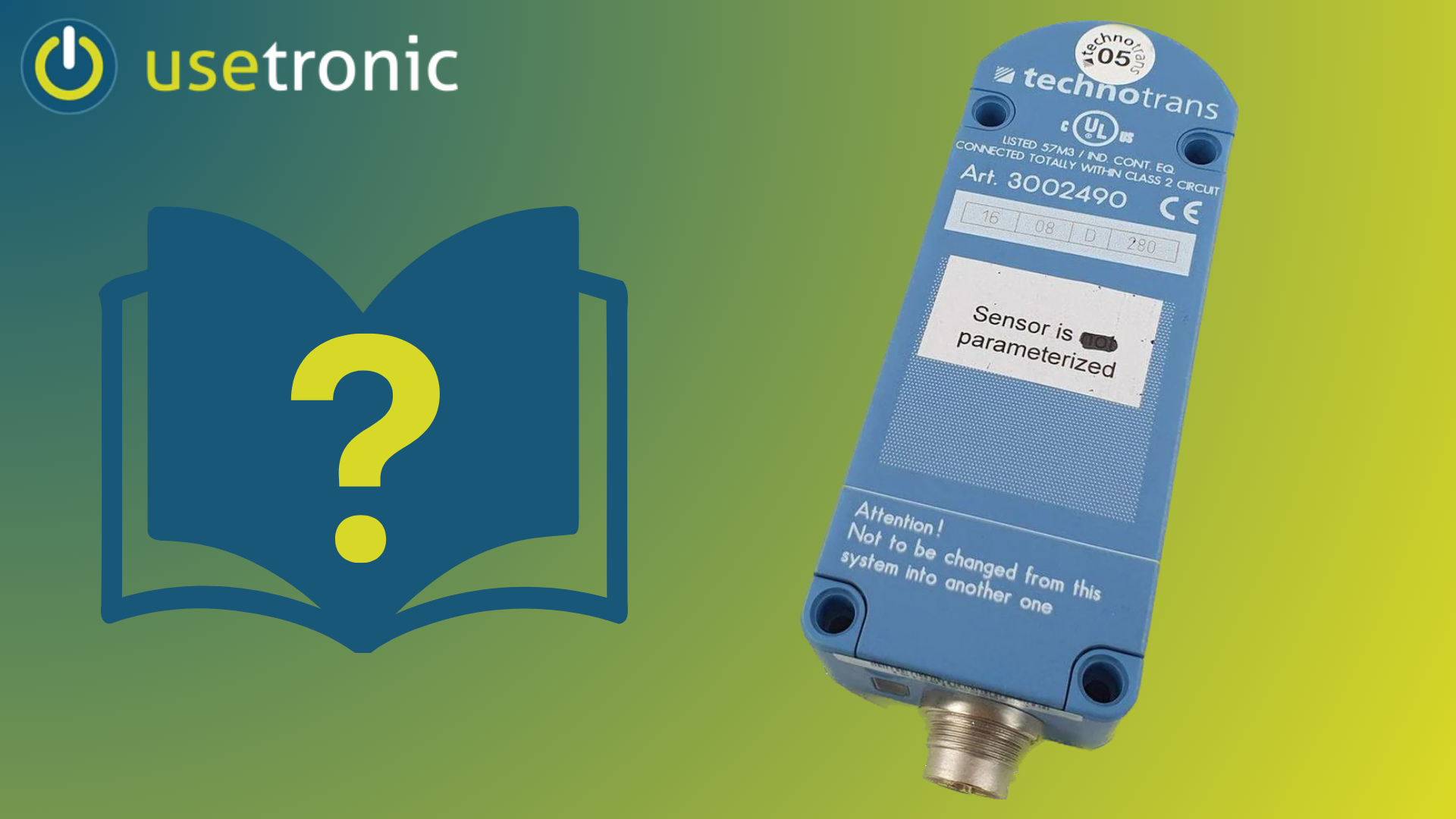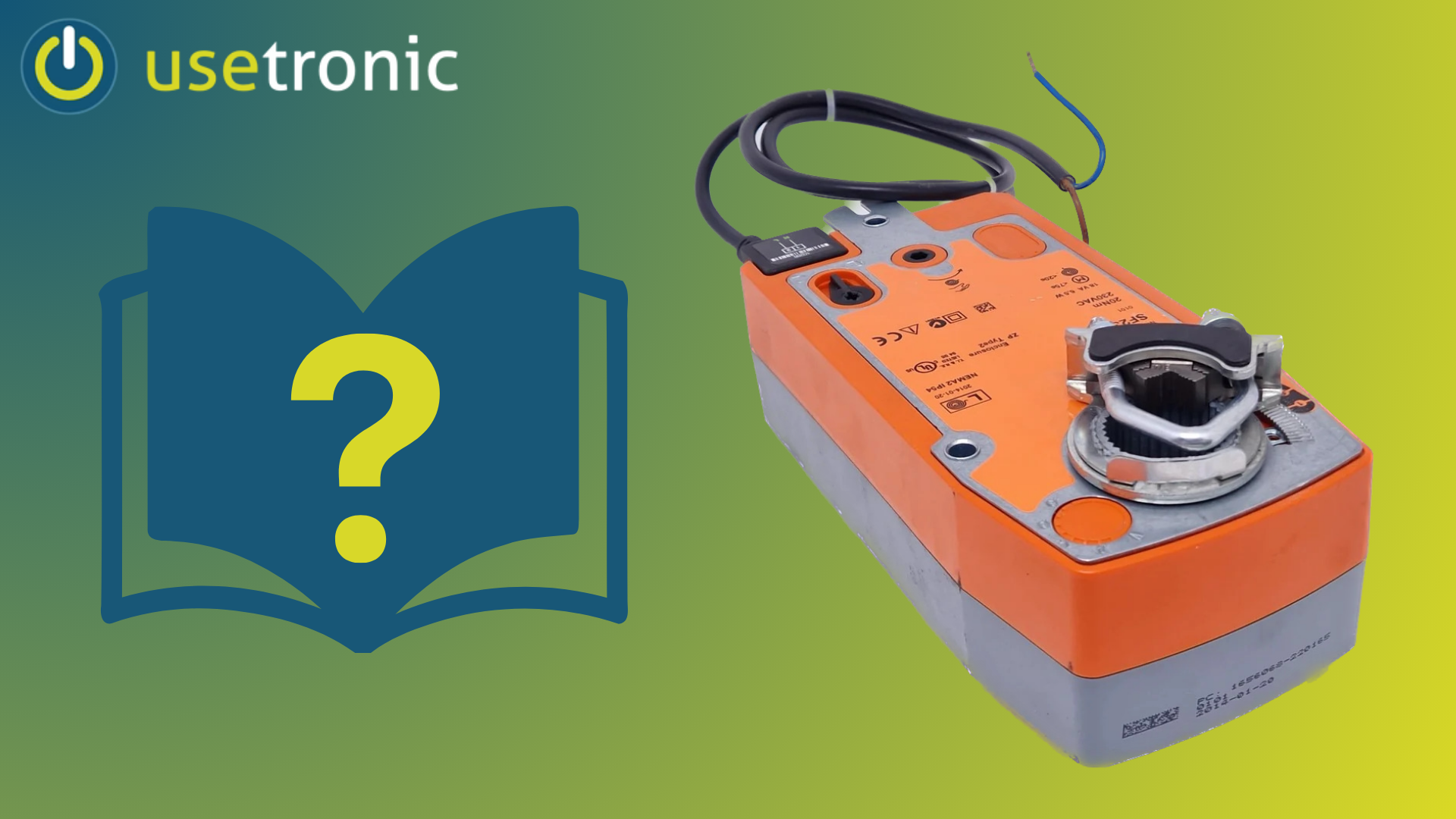What Is a Servomotor? Simply Explained
A servomotor is a special type of electric motor used for precise motion control. It not only provides torque but also delivers accurate position, speed, and torque regulation. Servomotors are commonly used in automation, robotics, and CNC machinery.
🔧 How Does a Servomotor Work?
A servomotor consists of the following components:
- Motor: typically a brushless DC motor (BLDC)
- Encoder: measures the position or speed of the motor shaft
- Servo drive: compares target and actual values and adjusts accordingly
A controller sends a signal indicating the desired position or speed. The servo drive regulates the motor to precisely reach these target values.
⚙️ Where Are Servomotors Used?
- Robotics: precise control of joints and grippers
- CNC Machines: exact movement of axes and tools
- Automation technology: packaging, assembly, pick & place
- Medical technology: imaging systems, surgical robots
- Model making: servos in planes, cars, and drones
✅ Advantages of Servomotors
- ✅ High precision: regulation down to fractions of a millimeter
- ✅ Fast response: dynamic reaction to load changes
- ✅ Position & torque control: both can be controlled simultaneously
- ✅ Durability: often brushless → low wear
⚠️ Disadvantages & Challenges
- ❌ Higher cost: more expensive than stepper or standard motors
- ❌ Complex control: requires dedicated drives and sensors
- ❌ EMC protection needed: due to fast switching and high control dynamics
📊 Comparison: Servomotor vs. Stepper Motor
| Criteria | Servomotor | Stepper Motor |
|---|---|---|
| Control | With feedback (closed loop) | Without feedback (open loop) |
| Accuracy | Very high | Good (may lose steps) |
| Torque at high speeds | Consistent | Drops significantly |
| Cost | Higher | Lower |
🧠 Conclusion: When Is a Servomotor Worth It?
Servomotors are ideal when high precision, fast response, and dynamic movement are required. In industrial automation or robotics, they are indispensable. For simpler tasks, stepper motors may be a more cost-effective alternative.
❓ Frequently Asked Questions (FAQ)
▶️ What’s the difference between a servomotor and a stepper motor?
A servomotor has a feedback loop; a stepper motor operates without sensors, which can lead to lost steps.
▶️ Can I use a servomotor without a drive?
No – a servo drive is required to read position data and regulate movement accordingly.
▶️ How much does a servomotor cost?
Depending on performance and accuracy, between €100 and several thousand – including the drive unit.



